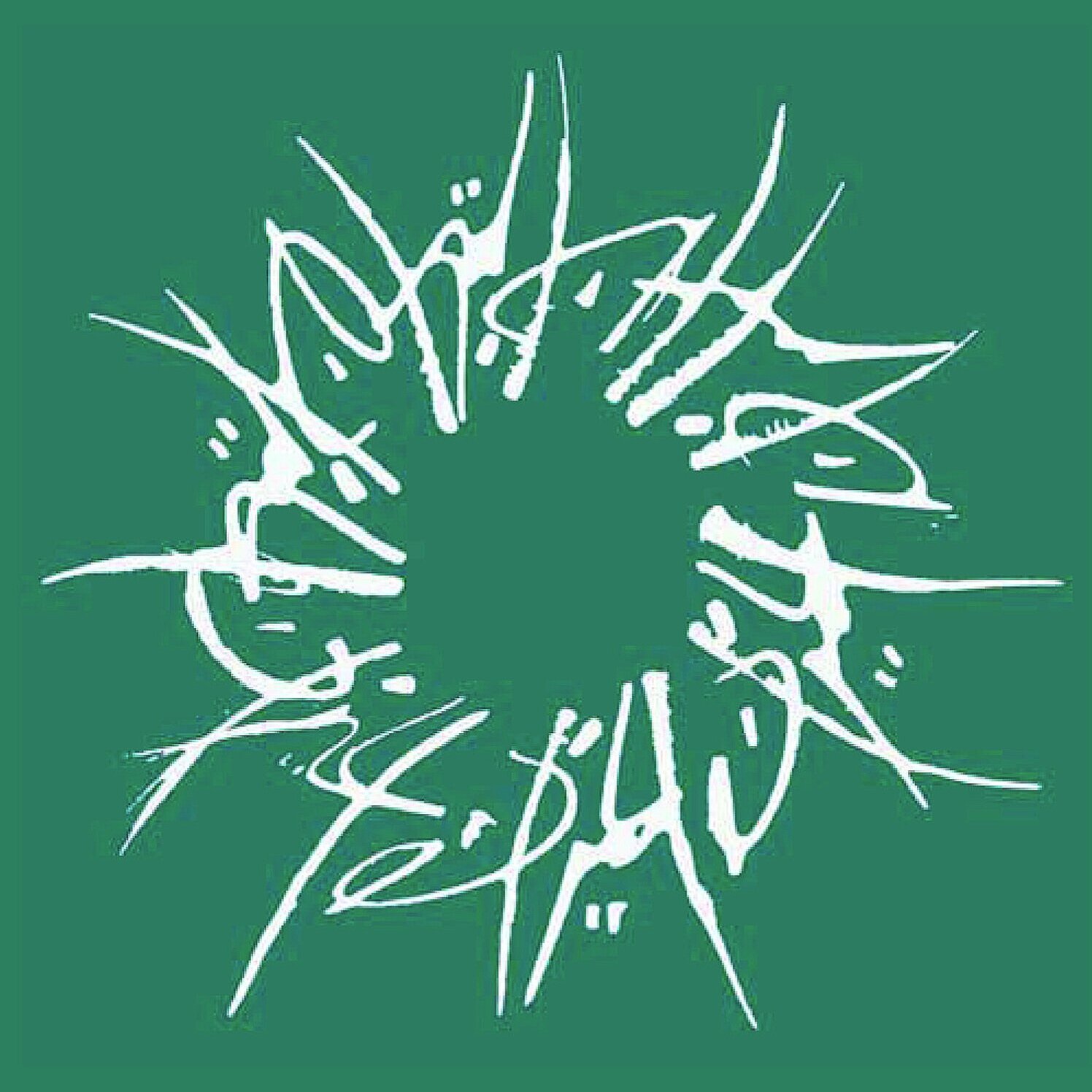In Gəʿəz, pronominal suffixes
on transitive verbs typically denote a direct object, i.e. a noun in the accusative case. To review the direct object, have another look at the entry on the accusative
case. [If have difficulty viewing the Gəʿəz script on your browser, you may view this blog entry by clicking here.]
ሐነጸ፡ንጉሥ፡ሀገረ። à ሐነጾ፡ንጉሥ።
ḥanaṣa nəguš hagara // à hanaṣo nəguš //
The king built a city. à The king built it.
ዴገነት፡ወለታ፡ሊቃነ፡ዘመድ። à ዴገነቶሙ፡ወለታ።
deganat walattā liqāna zamad // à deganatomu walattā //
Her daughter pursued the tribe’s elders. à Her daughter pursued them.
These same suffixes however may also denote indirect objects, particularly when affixed to verbs of speaking (addressing, telling,
asking etc), verbs of giving (surrendering, depriving etc) and verbs of motion
(going, befalling etc), so:
መጠወ፡ጳጳስ፡ሀገረነ፡ለአፍርንጅ።à መጠዎሙ፡ጳጳስ፡ሀገረነ።
maṭṭawa pāppās hagarana laʾafrənj // à maṭṭawomu pāppās hagarana //
The bishop surrendered our city to the Romans. à The bishop surrendered our city to them.
ነገረ፡ዘንተ፡ስመ፡ለካህን። à ነገሮ፡ዘንተ።
nagara zanta səma lakāhən// à
nagaro zanta //
He told this name to the priest. à He told this to him.
Oftentimes, as in
Aramaic / Syriac, these suffixes will anticipate an object which appears later in the sentence, prefixed with the la- preposition. Lambdin
terms this the “qatalo la-nəguš construction.” This type of anticipatory-suffix
infuses the object with greater specificity and definiteness. Note
that, in this construction, the object affixed with
the la-
is not marked in the accusative case.
ሐነጸ፡ንጉሥ፡ሀገረ። à ሐነጾ፡ንጉሥ፡ለሀገር።
ḥanaṣa nəguš hagara // à hanaṣo nəguš lahagar//
The king built a city. à The king built [it,] the city.
ተርጐሙ፡ዛተ፡መጻሕፍተ። à ተርጐምዋ፡ለዛቲ፡መጻሕፍት።
targʷamu zāta maṣāhəfta // à targʷaməwwā lazāti
maṣāḥəft //
They translated these books. à They translated [them,] these books.
The pronominal suffixes are, for the most part, fairly easy to spot and decipher.
Here’s a general overview of how they appear
singular
|
plural
|
|||
3rd masc.
|
-o
|
-ኦ
|
-omu
|
-ኦሙ
|
3rd fem.
|
-ā
|
-ኣ
|
-on
|
-ኦን
|
2nd masc.
|
-ka
|
-ከ
|
-kəmu
|
-ክሙ
|
2nd fem.
|
-ki
|
-ኪ
|
-kən
|
-ክን
|
1st com.
|
-ni
|
-ኒ
|
-na
|
-ነ
|
Some predictable
phonetic changes occur to accommodate the 3rd person suffixes.
Importantly, a helping “-h-” appears if they are affixed to stems ending in –ā.
If they are affixed to stems ending in –u or -ə, they appear beginning with -əww
and -əyy, respectively, so:
ቀተላ፡አነስት፡አርዌ፡ምድር። à ቀተላሁ።
qatalā ʾanast ʾarwe-mədr // à qatalāhu //
The women killed a snake. à They killed it.
ነጸሩ፡ዕብራዊያን፡መልእክተ። à ነጸርዎሙ።
naṣṣaru ʿəbrāwiyān malāʾəkta // à naṣṣarəwwomu //
The Hebrews saw angels à They saw them.
